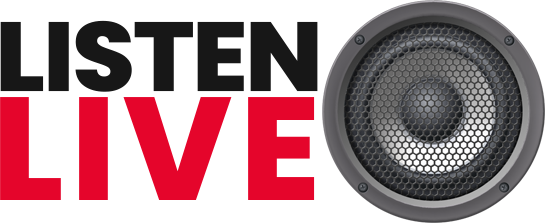Story by Carrie Hodousek, MetroNews
CHARLESTON, W.Va. — West Virginia Hospital Association President and CEO Jim Kaufman says his industry is facing a number of challenges including price increases and staffing shortages.


“From 2019 to 2022, we’ve seen a 20 percent increase in medical supplies cost. Almost a 40 percent increase in pharmaceutical costs. Reimbursements have not kept up with that and it’s really putting a financial squeeze on the hospitals,” Kaufman said on last week’s MetroNews “Talkline.”
Kaufman said there’s currently a 20 percent vacancy rate for nurses in West Virginia and a 12 percent vacancy rate for respiratory therapists.
“While we talk about the nursing shortage, it’s really across the board. It’s EMS, it’s medical labs,” he said. “We need to find ways to not only attract and produce more of these health professionals, we need to keep them here in the state.”
It’s an issue that has been ongoing for years since the COVID pandemic. There are more than 200,000 vacant nursing positions nationwide and West Virginia is feeling that impact compared to neighboring states because of low salaries, according to Kaufman.
“About 75 percent of the patients treated at a West Virginia hospital are on Medicare, Medicaid or PEIA. All of them paid less than the cost of care, where a hospital in Ohio or California or Maryland has a better payer mix. They can offer more salaries or more benefits,” he said.
Kaufman said the average nursing salary in West Virginia is about 10-20 percent below the average salary being offered in other nearby states.
On top of paying nurses and other workers, Kaufman said it’s a lot to maintain a hospital.
“Just to replace a hospital bed is $7,500. A new MRI is almost $2 million. They’re replacing those every couple of years so that’s a huge cost,” he said.
Pharmaceutical CEOs testified before U.S. senators last week about high prescription drug costs in the U.S. The heads of Johnson & Johnson, Merck, and Bristol Myers Squibbs were grilled about why costs are so high – citing research and development while defending the billions of dollars paid in dividends to stockholders.
Members of the U.S. Senate Health Education Labor and Pensions Committee said J&J charges Americans with psoriatic arthritis $79,000 for Stelara, while the same product is about $16,000 in the UK. Similarly, they said Merck charges diabetes patients $6,900 for Januvia when that same product can be purchased for $900,000 in Canada and $200 in France.
Kaufman also highlighted challenges with the opioid epidemic and mental health.
“It’s not just in West Virginia, it’s across the country. I think part of the challenge is how do you get them to the right setting,” he said.
State lawmakers this legislative session are considering funding for tele-site services so when a patient gets admitted to the emergency room, support services can be provided on site to transfer them to a better setting.



